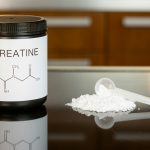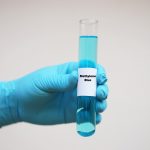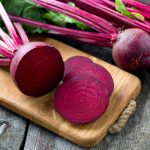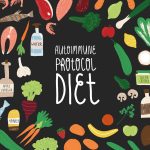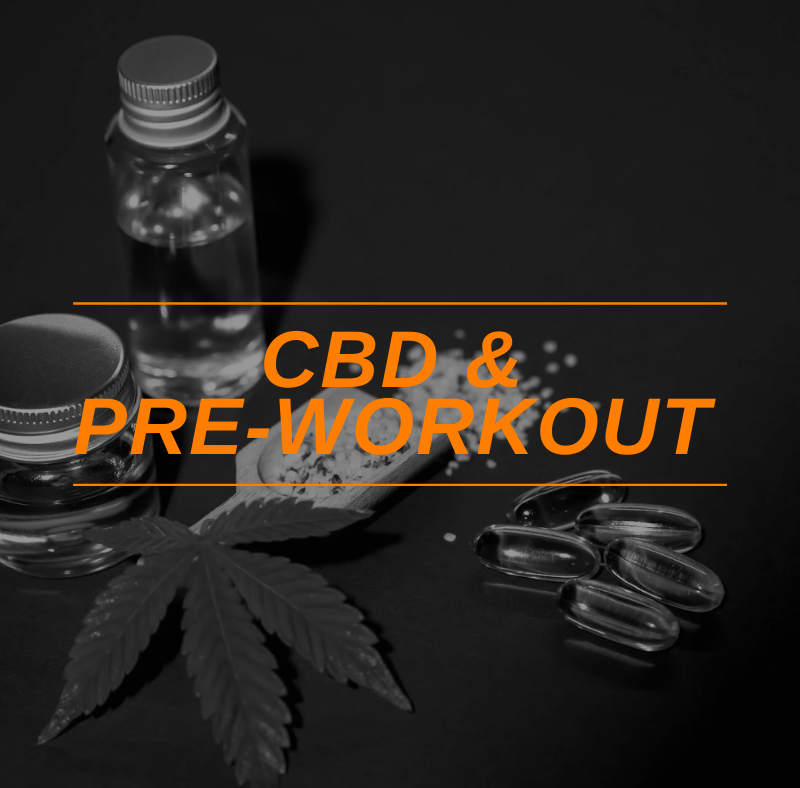
Workout supplements aim to improve endurance, enhance exercise efficiency, and help to quickly achieve athletic performance goals(1). Some of the ingredients used in these supplements are caffeine, protein, creatine, and amino acids(2). Meanwhile, research suggests that CBD (cannabidiol)’s anti-anxiety and anti-inflammatory properties may benefit an athlete’s performance(3). How might taking pre-workout supplements with CBD affect your fitness clients?
CBD’s Interaction With Other Drugs and Supplements
CBD is a non-intoxicating Cannabis sativa compound known for its purported therapeutic effects in non-clinical and clinical settings(4). Even so, CBD studies are in their infancy. Thus, limited evidence is available about the side effects and unintended interactions of CBD with other over-the-counter medications, prescriptions, and supplements. Generally, CBD can inhibit or magnify the effects of certain supplements and medications. As far as pre-workout mixes go, the safety of the ingredient combinations in these supplements is unpredictable(5).
According to the World Health Organization (WHO), CBD is generally safe and well-tolerated(6). However, CBD has some side effects that may influence your body’s reaction to some medications or supplements. CBD may interfere with some enzymes that are broken down in the liver and may alter concentration (not enough or too much drug in the body).
Some reports suggest CBD’s temporary inhibition of liver enzymes (cytochrome P450)(7), causing changes in metabolic processes of other drugs when you take them with CBD. The change in concentration may increase the risk of side effects and may cause serious repercussions, like overdosing.
CBD’s side effects include(8):
- Nausea
- Lightheadedness
- Drowsiness
- Diarrhea
- Dry mouth
Since one of the side effects of CBD is drowsiness or sleepiness, you should avoid ingredients with the same effects unless being sleepier is your goal (9). Some supplements and herbs that should stay away from to avoid drowsiness include (10):
- Kava
- L-tryptophan
- Calamus
- Catnip
- Melatonin
- Skullcap
- Sage
- Jamaican dogwood
- California poppy
Workout dietary supplements often come in powders, capsules, bars, and tablets. Some pre-workouts are even formulated with CBD suggesting the manufacturers do not expect CBD to negate ingredients like creatine, amino acids, caffeine, beta-alanine, or B vitamins which are common in pre-workout drinks. When taking these supplements, consider CBD’s potential adverse effects, such as(11):
- Sleep disturbances
- Transaminase elevations
- Sedation
- Infection
- Anemia
You should also check out the ingredients and contents of your pre-workout supplements before using CBD. Pay attention for potential side effects.
Certain medications that are changed by the liver are the following(12):
- Nonsteroidal anti-inflammatory drugs (NSAIDs)
- Piroxicam (Feldene)
- Warfarin
- Losartan
- Ibuprofen
- Meloxicam
- Glipizide
If you are taking any of these supplements and medications, ask your doctor before administering any CBD products.
CBD Interaction with Food
Taking CBD with fats or fatty foods, milk, and alcohol may increase the amount of CBD absorbed by the body. As a result, the side effects and effects of CBD are also elevated(13).
Safety of CBD
CBD taken by mouth or sprayed under the tongue is said to be possibly safe(14). However, there are not enough research studies to conclude the safety of CBD when applied to the skin. Doses of up to 300mg daily through oral administration are safe for up to six months. Higher doses of 1,200mg to 1500mg daily are safe for up to four weeks(15).
Epidiolex, an FDA-approved, CBD-based treatment for epilepsy, is safe to take through oral administration for doses up to 25mg/kg daily(16).
For CBD sprays applied sublingually (under the tongue), a dose of 2.5mg for up to two weeks is considered safe(17).
However, for pregnant and breastfeeding women, CBD is unsafe. Some CBD products may have other ingredients that may be harmful to the infant or fetus(18).
At the same time, people with liver diseases should take only low doses of CBD.
Always check CBD product labels before using them. Note that these products may contain other ingredients, like the psychoactive compound of cannabis, THC (tetrahydrocannabinol).
It is best to consult your doctor before taking any CBD products.
CBD and Exercise
A study examined the relationship between sports performance and CBD. Results suggested that CBD’s biochemical, physiological, and psychological effects on the system may benefit athletes(19).
Benefits include the anxiolytic (anti-anxiety) effects of CBD in stress-inducing situations and the promotion of healing of traumatic skeletal injuries(20).
Moreover, preclinical studies have suggested that CBD has several cardiovascular benefits, such as reduced high blood pressure due to stress(21).
Another benefit of CBD includes anti-inflammatory and analgesic effects that may help in pain management and swelling associated with injuries(22).
CBD showed high potential as an ergogenic supplement or a supplement that may enhance physical performance(23).
However, high doses of CBD are needed to experience its potential beneficial effects(24).
Even though CBD has several purported benefits, note that most CBD products are not regulated by the United States Food and Drug Administration.
Anyone interested in trying CBD should ask their doctor about its possible repercussions, especially when considering other conditions.
About the Author:
Casey Bloom’s field of studies is concentrated in language and in literature. She had worked as an advertising creative before writing for health and wellness sites. She is a vegan advocate who enjoys cooking, dancing, and music.
References
- NIH Office of Dietary Supplements, (n.d.), Dietary Supplements for Exercise and Athletic Performance, retrieved fromhttps://ods.od.nih.gov/factsheets/ExerciseAndAthleticPerformance-HealthProfessional/
- Ibid.
- McCartney, D., Benson, M. J., Desbrow, B., Irwin, C., Suraev, A., & McGregor, I. S. (2020). Cannabidiol and Sports Performance: a Narrative Review of Relevant Evidence and Recommendations for Future Research. Sports medicine – open, 6(1), 27. https://doi.org/10.1186/s40798-020-00251-0
- Ibid.
- NIH Dietary Supplements for Exercise and Athletic Performance, Op cit
- World Health Organization, (June 2018), Cannabidiol, retrieved from www.who.int/medicines/access/controlled-substances/CannabidiolCriticalReview.pdf
- Harvard Health Publishing, (n.d), CBD and other medications: Proceed with caution, retrieved from https://www.health.harvard.edu/blog/cbd-and-other-medications-proceed-with-caution-2021011121743
- Ibid.
- Medline Plus, (n.d.), Cannabidiol (CBD), retrieved from https://medlineplus.gov/druginfo/natural/1439.html
- Ibid.
- Brown, J. D., & Winterstein, A. G. (2019). Potential Adverse Drug Events and Drug-Drug Interactions with Medical and Consumer Cannabidiol (CBD) Use. Journal of clinical medicine, 8(7), 989. https://doi.org/10.3390/jcm8070989
- Medline Plus, Op. CIt,
- Ibid.
- ibid.
- Ibid.
- Ibid.
- Ibid.
- Ibid.
- McCartney, D., Benson, M.J., Desbrow, B. et al. Cannabidiol and Sports Performance: a Narrative Review of Relevant Evidence and Recommendations for Future Research. Sports Med – Open 6, 27 (2020). https://doi.org/10.1186/s40798-020-00251-0
- Ibid.
- Jadoon, K. A., Tan, G. D., & O’Sullivan, S. E. (2017). A single dose of cannabidiol reduces blood pressure in healthy volunteers in a randomized crossover study. JCI insight, 2(12), e93760. https://doi.org/10.1172/jci.insight.93760
- Gamelin, X. F., Cuvelier, G., et al., (June 2020), Cannabidiol in sport: Ergogenic or else?, retrieved from https://www.sciencedirect.com/science/article/abs/pii/S1043661819326143?casa_token=kBn3SmazlcEAAAAA:8q8GD-satgFvZe-30L3z5b-f7DBHUZhhJmLsZhCZ0-rwv4sq2O02elISrFBSsCOD-H7Zk4L8XnbZ
- Park J., (n.d.), The Potential Ergogenic Effects of CBD and How the ECS Combats Performance Deficits from Overtraining retrieved from https://files.emailmeform.com/742180/heyAQ1pr/CBD%20Capstone%20PDF%204%3A22%3A2020.pdf
- Ibid.



